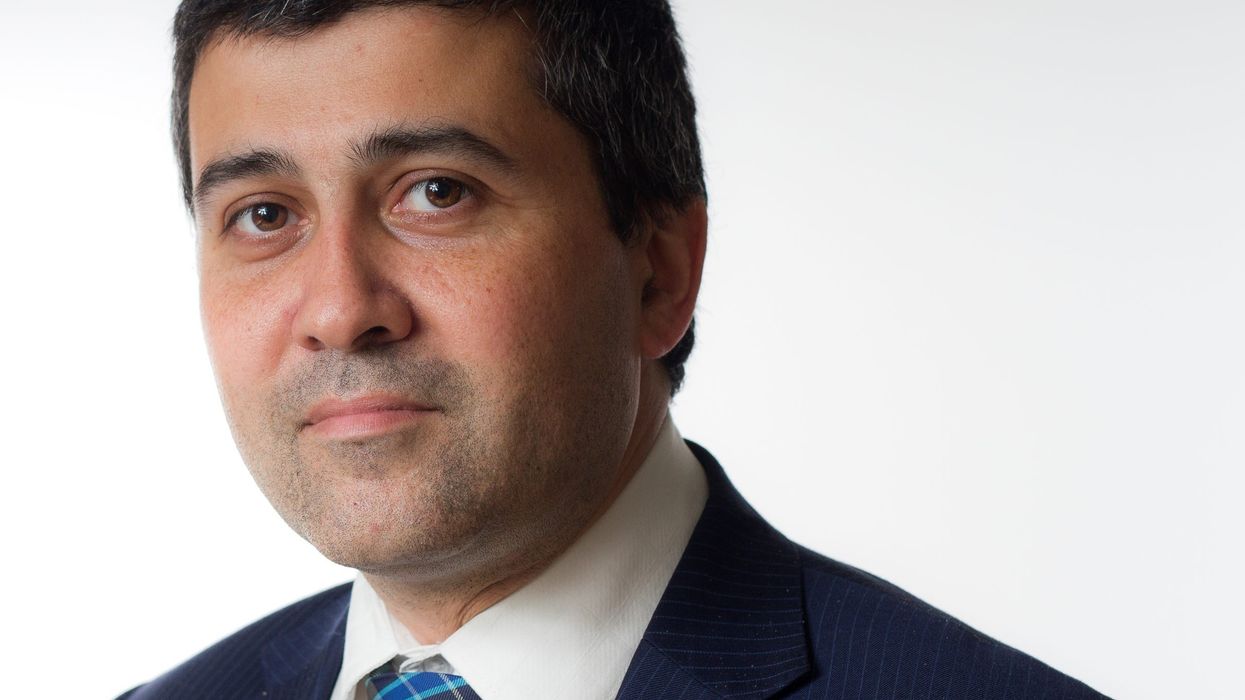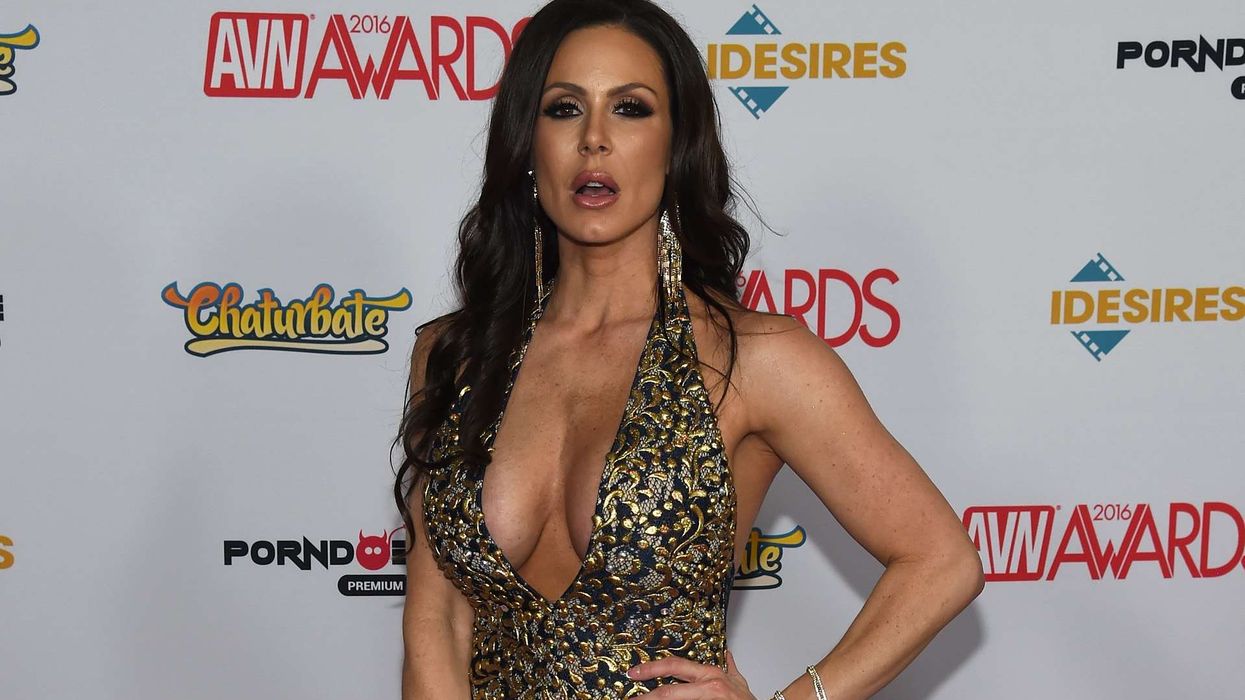SUNDER KATWALA, founder of leading identity and integration think-tank British Future, has been on the forefront in the last few months speaking and writing about racism in English football and cricket.
Commenting on the racism scandal at the Yorkshire Cricket Club, Katwala says ‘English cricket needs a deeper change of culture on race and inclusion’.
As the coronavirus pandemic swept across the UK in March 2020, people across the country adapted to their new ‘normal’.
The British Future team, headed by Katwala, was no different. The independent think-tank has had to adapt to the restrictions triggered by the coronavirus outbreak, meaning that all of its events have gone online. Although there are obvious downsides to virtual meet-ups, there have been positives too.
“We’ve got more reach than we used to have as we prioritise the audience in the room,” Katwala says. “The fact that you can very easily put (the event) on YouTube and make it accessible to a much broader group of people does have its advantages.”
Known to engage with the public on their hopes and fears relating to integration and migration, British Future has been at the forefront of several significant debates and reports on the hot topic of recent years – immigration.
However, Katwala believes that the immigration debate has become “calmer” during the course of the ongoing pandemic.
As well as discussions and debate on race has never been as prevalent as in 2020. In May, the Black Lives Matter (BLM) movement became an international phenomenon following the death of George Floyd, a black man killed in police custody in the United States.
Global protests rocked the world, as discussions on racial inequalities within society came to the forefront. British Future led discussions on the events.
Katwala believes many people in the UK regarded the movement’s surge as an “urgent opportunity to advance race equality in Britain and ensure it is on the agenda”. However, he acknowledges that change will take work.
“There’s a risk that you lose the opportunity and everybody forgets about it, which has happened on race in the past,” he admits. “But there’s also the need to make sure you’ve got a home-grown agenda for race equality that works in Britain, as we have different relationships between ethnic groups and different priorities than in the States.
The political activist adds: “We’d like to focus on what needs to change beyond the hash tags and the slogans that people put out during the summer.”
The think-tank’s influence also saw them take over as the secretariat for the All Party Parliamentary Group (APPG) on social integration. Announced early last year, the cross-party group aims to “drive forward a conversation on policy solutions which break down barriers to integration and create opportunities for people from all walks of life to connect with each other and build bonds of trust”.
The group has also published three major reports over the last 12 months. These include: The reset moment: immigration in the new parliament, drawing on attitudinal research on a range of policies and issues related to immigration and integration; Remembering the kindness of strangers, analysis examining public attitudes to social connection during the Covid-19 crisis; and Barriers to Britishness, the findings and recommendations of a year-long independent inquiry into citizenship policy.
Born as a twin to an Irish mother and an Indian father in Doncaster, Katwala spent his later years growing up in Cheshire and Essex. Throughout his school years, Katwala revealed he was only slightly aware of his mixed heritage as a child.
“I grew up as a mixed-race, Asian, Irish-Catholic all at the time same and there wasn’t anything unusual about it until other people (told me) that it was unusual,” the 48-year-old recalled.
After his school years, he went on to study politics, philosophy and economics at the University of Oxford in 1992. After university, Katwala began his career in publishing.
He helped to establish a new think-tank called the Foreign Policy Centre before moving into journalism (as a leader writer and internet editor of The Observer).
He acted as the general secretary of the Fabian Society think-tank, thought to be the oldest political think-tank in Britain, from 2003 to 2011. The same year he left the Fabian Society, Katwala founded British Future.
Married to his wife Stacy since 2011, Katwala is a proud father of four children – Zarina, 14, Jay, 13, Sonny, 11, and Indira, 8.
Giving a nod to his heritage, his children’s names all have some relation to India.
Their middle names are all Irish.
Asked if there was anything else that GG2 Power List readers should know about him, Katwala laughed: “I’m still an avid supporter of Everton (football club). My kids aren’t as interested, unfortunately. I’m still trying to convert my eight-year-old daughter into a fellow Everton supporter by the fact they’re at the top of the (premier) league. That’s been the one bright spot this year.”







